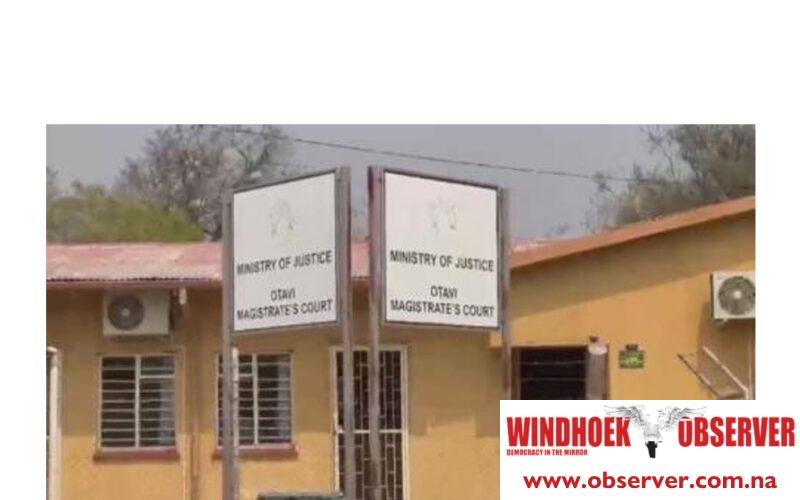Niël Terblanché
Plans to renovate the Otavi Magistrate’s Court have been announced, following a visit by the Parliamentary Standing Committee on Capital Projects and Legal Affairs.
The decision by the standing committee indicates a potential turning point for a broader renovation campaign of judicial infrastructure in the central northern parts of Namibia.
The committee’s fact-finding mission to Otavi was part of a broader assessment of court facilities across the Otjozondjupa Region. The dilapidated state of Otavi’s court facilities prompted the immediate call for action.
Tjekero Tweya, the chairperson of the committee, voiced concerns over the current conditions at the Otavi Magistrates Court. He declared the current building unsuitable for court sessions.
He said that the facility has been a subject of criticism for years, marred by inadequate security measures and presenting various risks to staff and visitors alike.
Tweya added that the pressing need for an upgrade has become an unavoidable issue, with the court’s compromised state posing significant challenges to the administration of justice in the area.
Compounding the issue is the notable absence of legal aid facilities and mobile courts in the Otjozondjupa Region, a gap that remains unbridged despite previous commitments outlined in the medium-term expenditure frameworks (MTEF).
He said the shortfall further exacerbates the difficulties faced by those seeking legal assistance, limiting access to justice for members of the community.
In response to these challenges, Regional Council Chairperson, Marlene Mbakera has urged the Otavi Town Council to initiate the process of allocating land to the Ministry of Justice that will pave the way for the construction of a new court building.
She said it is a critical first step towards remedying the longstanding issues faced by the Otavi Magistrate’s Court.
The visit to Otavi was part of a wider tour by the six-member committee, which also included assessments of the various lower courts in Grootfontein, Otjiwarongo, and Okakarara.
The committee’s findings from these visits are expected to be compiled into a detailed report, which will then be presented to Parliament at a later date.
This report will shed more light on the condition of judicial infrastructure across the region which will prompt further action to address the deficiencies identified.
By addressing the critical issues of security, accessibility, and facility adequacy, the proposed upgrades promise to make a positive impact on the delivery of justice in the Otjozondjupa Region, ensuring that the lower courts can serve their purpose as one of the cornerstones of the country’s legal system.




